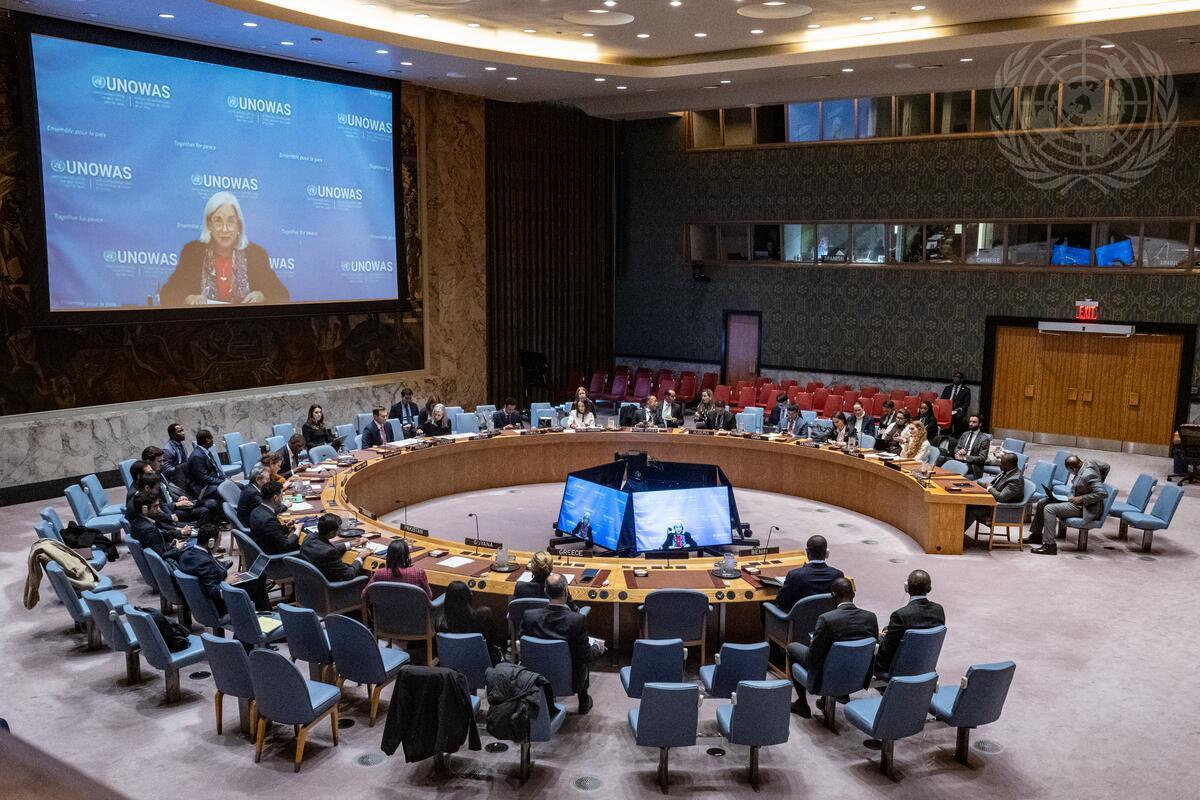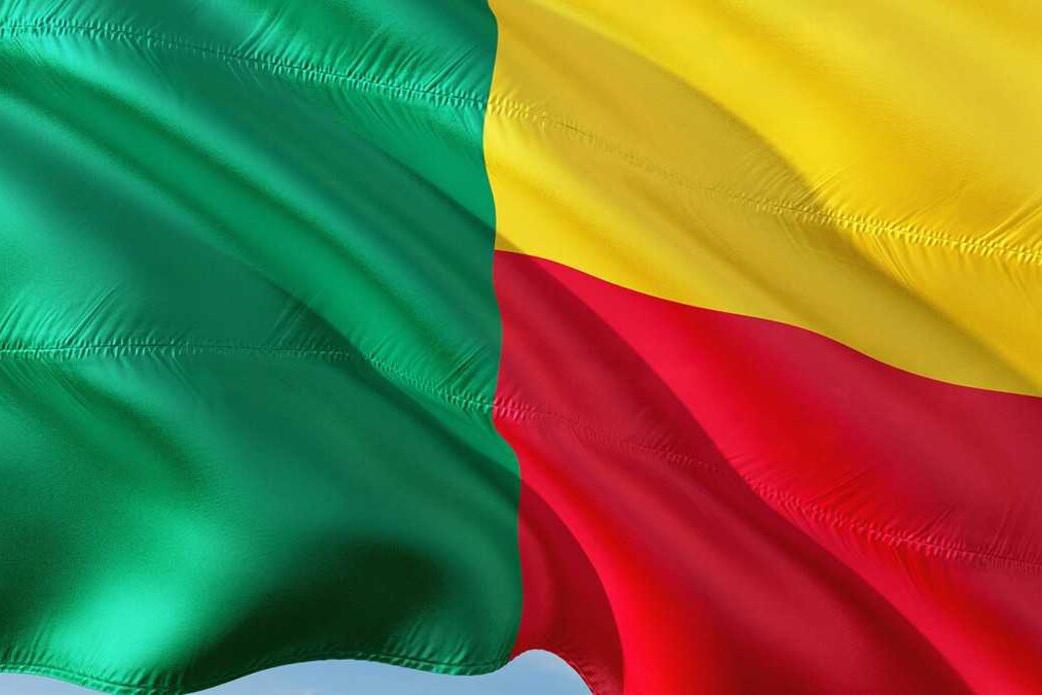The presidential election held on 24 February 2019 revealed the political maturity of the Senegalese people, who were mobilized across all social categories to elect the president of the Republic of Senegal.
I have never missed a single electoral appointment, I have always voted
“I have never missed a single electoral appointment, I have always voted,” says Mrs. Rokhaya Mal, who proudly holds a small “gargote” on the Place du Souvenir Africain, at the Corniche de Dakar. In her fifties, she is confident that the candidate for whom she will vote will win the presidential elections. Above all, Ms. Mal hopes that the elections will take place in a peaceful atmosphere. “I pray that the elections go well. People should go and vote and should accept the results of the ballot box,” said Ms. Mal. “You know, if you don’t have peace you have nothing,” she adds, while serving her customers sitting around a makeshift table to enjoy the traditional Thiebou Dieune (Fish and Rice).
The often-subjective opinions tinged with a dose of militancy are all over the place. This is normal, we are on the eve of the presidential election in Senegal and everyone has something to say! Under a tree, while the sun is at its peak, Ms. Mal and her clients, do not deviate from the rule. Through small talk, they discuss the presidential election that will take place the next day, 24 February.
Ms. Mal’s wishes
Ms. Mal’s wishes have come true! Unanimously, international and national observers accredited to monitor the elections rated the elections as “calm, participatory and transparent, despite some irregularities”. This was not a foregone conclusion because, during the election campaign, incidents were observed in various localities that prompted the authorities to take measures to ensure the safety of the population, and candidates to launch appeals for calm and restraint.
For its part, the United Nations Office for West Africa and the Sahel (UNOWAS) has not remained inactive. Committed to preventing all types of violence, the Special Representative of the Secretary-General and Head of UNOWAS, Mohamed Ibn Chambas, visited the campaign offices of the five contesting candidates before the elections were held to raise awareness and encourage them to work towards peaceful elections. “The 2019 election is a major step in the consolidation of democracy that has always been achieved in peace and tolerance,” he said, while encouraging Senegalese to continue to promote this spirit of peace and tolerance.
Five candidates for one seat
The discussion between Ms. Mal’s clients came to life and became increasingly tense when a young girl, spoon in hand, revealed, with laughter, that she still did not know who to vote for. “I don’t trust any of the candidates! Maybe I will vote for Ousmane Sonko, because he is young and has the ambition to make the difference,” she says. “Anyway, we already know who’s going to win! “she concludes. Another customer to acquiesce and shout with great gestures: “but President Macky Sall, with the sponsorship, he will certainly win.”
Sponsorship, the novelty of this electoral process, has caused a lot of ink to flow in Senegal. According to Act No. 2018-22 of 4 July 2018 revising the Electoral Code, all presidential, legislative and local elections are now subject to citizen sponsorship. Only voters who are regularly registered on the voters’ lists may sponsor a candidacy. Before 2018, sponsorship was only required for independent presidential candidates. Now, each candidate must collect at least 0.8% of the signatures of the electors entered on the electoral roll from at least 7 regions. Out of the 27 applications submitted, only 7 were able to pass the sponsorship test. In the end, 5 applications were validated by the Constitutional Council.
I have my candidate! That’s right, and I want him to win
Ms. Mal smiles maliciously and says with conviction “ in any case, it’s a matter of taste! Macky Sall is my candidate and I will vote for him. He has been able to preserve stability and peace in the country. So why would you want to change the president? ». And then to specify: “I have my candidate! That’s right, and I want him to win. But, no matter what, whether people go to the polls and whatever the results, we will have to accept the will of the people and preserve peace”
On February 24, 2019, voting day, more than 6.69 million Senegalese voters were called to go to the polls to choose who will lead the country. They had to choose between the outgoing president Macky Sall (Coalition Benno Bokk Yakaar) and his opponents, Idrissa Seck (Coalition Idy 2019), Madické Niang (Coalition Madické 2019), Issa Sall (PUR) and Ousmane Sonko (Coalition Sonko President).
But where are the women?
Continuing their debate, Ms. Mal and her clients are engaged in an exercise of prognosis and speculation on the “happy man” of this presidential election. Racky Ndiaye, a young woman barely 30 years old, who came to buy food, intervened in the discussion to say, a little disappointed and sad, that women were the main absentees from this race for presidential election: “It is a pity that there is no a woman candidate. I remember that in 2012, Amsatou Sow Sidibe and Diouma Dieng Diakhaté beat the campaign”.
Women constitute the clear majority of the Senegalese electorate. They are an electoral issue and a political force, which, through their commitment, can turn an election upside down. By way of illustration, in 2000, they made a major contribution to the emergence of Senegal’s first political changeover. The 2000 election was the first in Senegal’s political history to register a female candidate.
However, three of them, namely Aissata Tall Sall, Aida Mbodj and Amsatou Sow Sidibé, had submitted their candidacy for the Constitutional Council. According to some analysts, the sponsorship exercise is a major factor and women candidates could not obtain the required 53,000 signatures.
“I hope you will vote tomorrow”
Enthusiastic, like an activist, Racky still calls out to customers: “You who are arguing, I hope you will vote tomorrow”, she asserts. “If you want to see things change, this is your opportunity to express yourself through the ballot box,” she adds. Racky finally told the group of people she had just met that she was part of the Sunu Election monitoring platform and that she would wake up early the next day to vote and then go to her assigned observer position.
The 2019 presidential election recorded a record turnout of 66 per cent, compared to 51.58 per cent in 2012 and 60.17 per cent in 2000. A strong citizen mobilization that confirms Senegalese people political maturity. Indeed, more than 4 million citizens turned out to vote. Already at midday on polling day, the turnout was reported at over 40%!
For this presidential election, the domestic observers did a remarkable job. 5,003 observers were accredited by the Ministry of the Interior to observe the presidential election. Of these, there were just over 4,100 Senegalese volunteers, most of whom were deployed throughout the country by civil society. Including, the Catholic Church who, for its part, mobilized 1,000 observers. International and regional organizations, namely ECOWAS, the African Union and the European Union, have also deployed observation missions.
“Life is very difficult! I hope that the cost of living in Senegal will decrease considerably
High challenges for the President-elect
A little over a week after the election, a period characterized by a “war of numbers “ between opposition candidates and the ruling party, the Constitutional Council declared candidate Macky Sall, winner in the first round with 58.27% of the votes. He was followed by Idrissa Seck with 20.5%, then Ousmane Sonko with 15.67%. The candidates Issa Sall and Madické Niang manage to get 4.07% and 1.58% respectively.
After nearly an hour of discussion on the presidential election, Ms. Mal finally explained to her clients that she had been working for years to accomplish all the projects she had set out to do. “Life is very difficult! I hope that the cost of living in Senegal will decrease considerably,” she says. She hopes that the President-elect will do everything possible to ensure that staple foods are accessible. “Really, I don’t earn money like I used to,” she complains.
This complaint is shared by almost all her customers, who agree and comment casually on the difficulties of everyday life. “I graduated several years ago with a master’s degree in management, but I’m struggling to find a job. I have to do odd jobs to get by,” says Issa, a 33-year-old man. “The school system must be restructured, jobs created, access to health improved. We have good doctors who work in difficult conditions, in hospitals that lack everything,” says Issa, with a voice tinged with passion.
The elections were conducted in a peaceful and participatory manner, and the outgoing President, Macky Sall, was re-elected for a second 5-year term. Echoing the expectations of the Senegalese population, the commentators at Ms. Mal’s restaurant, before getting rid of their plate of thiebou Dieune, unanimously insisted that whoever is elected president, “he will be the president of all Senegalese. He will have to do everything to improve the country’s development”, a huge program!






